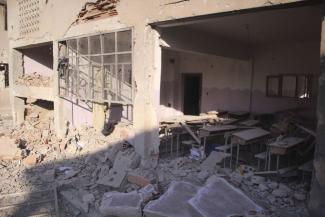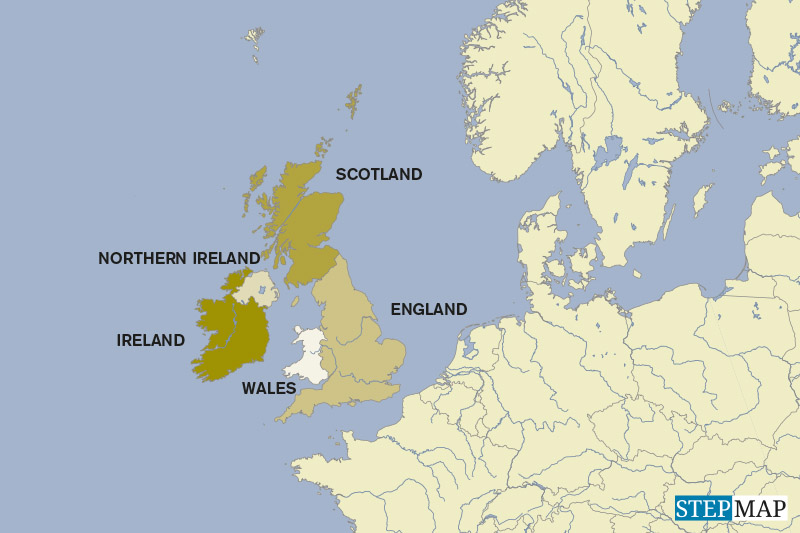Syria
Difficult reconstruction

Although the fighting is still going on, the war in Syria has long since been won by the regime, writes Muriel Asseburg of the Stiftung Wissenschaft und Politik (SWP). In the spring of 2020, Bashar al-Assad’s regime and his allies already controlled two-thirds of the country, and it is likely that they will also recapture the rest of the territory.
A stabilisation of the war-torn country is not in the offing, however. There is no negotiated settlement of the conflict, nor is there peace and reconciliation. The war, which began in January 2011 with the violent suppression of a democracy movement, has had disastrous consequences. In addition to the destruction of houses and infrastructure, the losses include a considerable reduction in jobs and skilled workers, the disintegration of the economy and the collapse of state services.
Moreover, it is unlikely that sufficient funds will be available for the reconstruction of the country, due to a combination of Syrian government policies, geopolitical interests of regional and world powers and economic effects of the Covid-19 pandemic. Even funds that are available are unlikely to be used to meet the needs of the population.
Some reconstruction is underway, the author writes – but not in the interest of the entire Syrian population. The Assad regime’s top priority is to consolidate its power. It aims to build and consolidate a patronage network of existing and new regime supporters, and thus to reinforce a transformation of power relationships.
This selective reconstruction is in fact a continuation of the war on another level. Instead of reconciliation, it deepens existing socio-political fault lines. The regional and global powers active in Syria are also pursuing their own geostrategic interests and continuing the war by other means.
The EU had made its previous commitment to reconstruction in Syria contingent on the country’s political opening, and has confined its activities to providing emergency relief for the population and enforcing official sanctions against the regime. However, this strategy has not produced the desired change in policies. Instead, it has actually hindered reconstruction, Asseburg argues.
In view of the catastrophic living conditions in large parts of the country, Asseburg suggests an alternative approach. Among other things, the study recommends that the EU do the following:
- insist on better coordination of international aid,
- become more active diplomatically,
- work toward ensuring protections for civilians,
- reduce sectoral sanctions that hinder reconstruction, and
- support the rehabilitation of basic infrastructure in the education, health, electricity and water sectors, including in areas under the regime’s control.
In general, since stabilisation can only be achieved through far-reaching reforms, the EU should continue to promote its “More for More” approach – more European support in exchange for improved regime conduct – which it promulgated in 2017.
The EU should also try to develop a pathway towards national reconciliation. The study argues against full normalisation of relations with the regime. It says the EU should press for a judicial investigation of human-rights violations and war crimes, including the use of internationally banned weapons.
Link
Asseburg, M., 2020: Wiederaufbau in Syrien. Herausforderungen und Handlungsoptionen für die EU und ihre Mitgliedstaaten (“Reconstruction in Syria. Challenges and options for action for the EU and its member states” – in German only). Stiftung Wissenschaft und Politik (SWP) study.
https://www.swp-berlin.org/fileadmin/contents/products/studien/2020S07_Syrien.pdf











